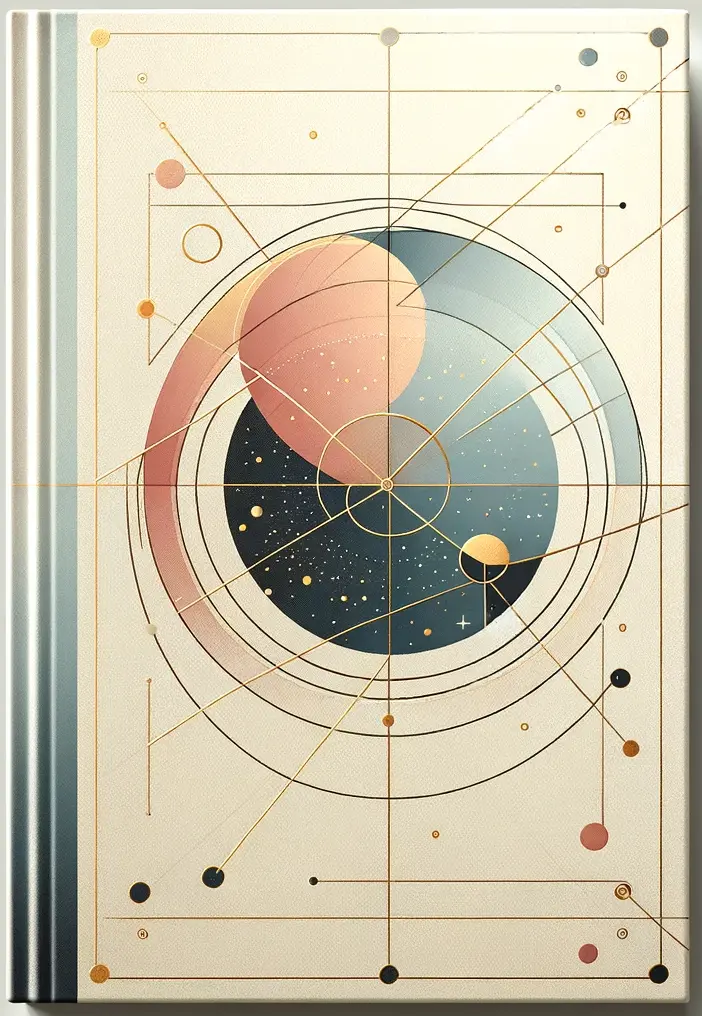Discover books similar to "The Last Samurai"

Helen DeWitt
The Last Samurai
4.17
"The Last Samurai" by Helen DeWitt is a unique and captivating novel that explores the themes of language, identity, and obsession. The story revolves around a single mother, Sibylla, and her son Ludo, who is a prodigy in deciphering ancient languages. Ludo becomes fascinated with Japanese and its complex writing system, which leads him to discover the story of the last samurai, Kusakabe Daisuke. As Ludo delves deeper into the world of samurais, he begins to imagine himself as the last samurai's reincarnation, leading to a series of adventures and misadventures. DeWitt's writing style is intellectual and witty, making the book a delight to read. The author's use of language is exceptional, with Ludo's obsession with ancient languages adding a unique layer to the narrative. The book is also a commentary on the importance of cultural identity and the impact it has on one's sense of self. The characters in the book are well-developed, and the relationship between Sibylla and Ludo is both heartwarming and complex. The author explores the challenges of single parenthood and the difficulties of raising a child who is different from others. Overall, "The Last Samurai" is a thought-provoking and engaging novel that will appeal to readers who enjoy intellectual pursuits and unconventional storytelling. The book is a testament to DeWitt's creativity and her ability to weave together complex themes in a way that is both accessible and captivating...
List of books similar to "The Last Samurai":

Yasunari Kawabata
Snow Country
This novel by Japanese Nobel laureate Kawabata tells the story of a love affair between a wealthy dilettante and a lowly geisha in a remote mountain village. The sparse, lyrical prose and exploration of traditional Japanese culture may appeal to readers of 'The Last Samurai'.
Learn More
Haruki Murakami
The Wind-Up Bird Chronicle
A surreal and captivating tale of a man's search for his missing wife, this book by another renowned Japanese author features a blend of realism and magical realism, as well as a deep exploration of Japanese culture and history, much like 'The Last Samurai'.
Learn More
Jun'ichirō Tanizaki
The Makioka Sisters
Set in Osaka in the years leading up to World War II, this novel tells the story of four sisters from a once-prosperous merchant family as they struggle to maintain their traditional way of life in the face of modernization. The richly detailed portrait of a disappearing world will resonate with fans of 'The Last Samurai'.
Learn More
Yasunari Kawabata
Thousand Cranes
This novel tells the story of a young man who becomes fascinated with the traditional art of origami after the death of his mother. As he delves deeper into the world of origami, he discovers a hidden side of his own identity, in a exploration of Japanese culture and tradition that will appeal to readers of 'The Last Samurai'.
Learn More
Haruki Murakami
A Wild Sheep Chase
In this surreal and captivating novel, a man is hired by a mysterious figure to track down a sheep with a star-shaped birthmark, which leads him on a journey through the dark underbelly of Japanese society. The blend of realism and magical realism, as well as the exploration of Japanese culture and history, will appeal to fans of 'The Last Samurai'.
Learn More
Murasaki Shikibu
The Tale of Genji
Considered one of the greatest works of Japanese literature, this 11th-century novel tells the story of the nobleman Genji and his many romantic conquests. The richly detailed portrait of Heian-era Japan will appeal to readers of 'The Last Samurai' who are interested in traditional Japanese culture.
Learn More
Yasunari Kawabata
The Old Capital
This novel tells the story of a young woman who discovers that she is the descendant of a long line of Kyoto weavers, and must choose between her loyalty to her family's traditional way of life and the lure of modernity. The exploration of traditional Japanese culture and the clash between old and new will appeal to readers of 'The Last Samurai'.
Learn More